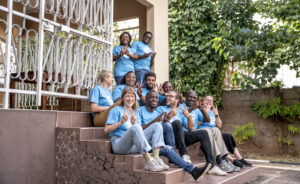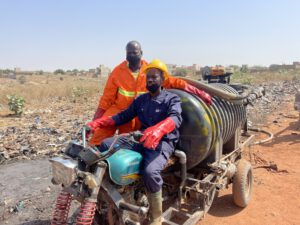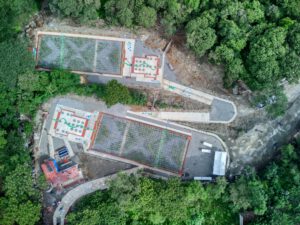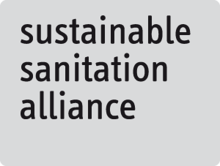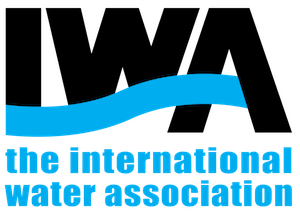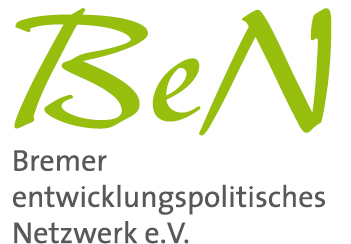8 BILLION PEOPLE LIVE ON THIS PLANET
4.2 BILLION LIVE WITHOUT
BASIC SANITATION
A threat to health, social and
environmental conditions.
Our Vision is Our Mission
Liveable cities for all
Our aim is to facilitate a world where all people are able to make their communities comfortable places to live, regardless of income, gender, origin, place of residence, culture and religion
We work with local stakeholders so that they can provide their citizens with sanitation facilities that sustainably improve their living conditions. BORDA’s integrative planning approach ensures efficient, reliable and affordable water, sanitation and energy services.
We are an internationally recognized expert organization and innovation leader, and a valued partner of political, public, civil society, scientific and private institutions.
Close to people
Enabling feedback loops from mason to minister, local to global.
Tested in real life
We only use what we have successfully tested.
Adapting & innovating
Transcending disciplines, generations & nationalities to meet realities on the ground.
A trusted advisor
No vested interests means we can focus on what really matters.
Our Projects
Current Projects
Find out more about our current projects, which we are developing in Africa, South East Asia, South Asia, West and Central Asia and Las Américas.
1.000.000
improved lives
3.500
installed Sanitation Systems
25
countries we operate in
We are a world wide organization
BORDA is an expert NGO from Bremen, Germany, specialized in small-scale, biological, and sustainable sanitation systems, which operate independently of any given infrastructure. Wastewater treatment with full water cycle implementation is a key component in our work. Safely managed sanitation improves living conditions and integrates sustainable handling of water, our most valuable natural resource.
For over 45 years, we have empowered people and set new standards in more than 25 countries around the world.

